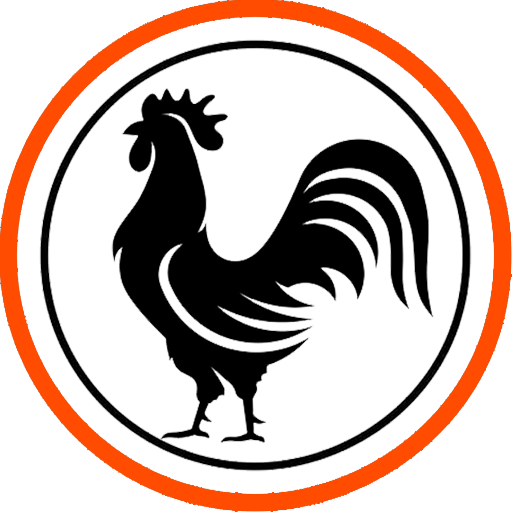The transition from relying on others to select books—such as parents, teachers, or professors—to independently choosing what to read is a significant rite of passage for readers. It marks the moment when reading evolves from being an assigned activity to a deeply personal and self-directed pursuit. This journey is not merely about selecting books; it is about discovering one’s identity as a reader, cultivating discernment, and embracing the freedom to explore.
Breaking Free from the Assigned Reading Paradigm
In childhood and early education, reading choices are often made by authority figures. Parents introduce books they believe will entertain or educate, while teachers assign texts to fulfill curricular goals. While this guidance is invaluable in developing foundational reading skills and exposing readers to diverse genres, it can also instill a mindset where reading is seen as something done for external approval rather than intrinsic enjoyment.
When readers begin to choose books for themselves, they break away from this paradigm. This shift often happens during adolescence or early adulthood, a time when individuals are forming their own tastes and questioning established norms. Learning to pick books independently signifies a move toward self-reliance and intellectual curiosity.
Understanding Personal Preferences
A critical aspect of choosing books is understanding one’s own preferences. This process often begins with trial and error. Readers may initially mimic the tastes of those around them—selecting bestsellers, critically acclaimed works, or recommendations from friends—before realizing that their own interests might differ.
This exploration requires readers to reflect on their experiences with books:
- Genre and Themes: Discovering whether they enjoy fantasy, mystery, literary fiction, or biographies helps readers navigate the vast literary landscape.
- Pacing and Style: Some readers prefer fast-paced narratives with action and suspense, while others savor introspective, character-driven stories.
- Emotional Impact: Readers may seek books that comfort, challenge, or inspire, aligning their choices with their current emotional or intellectual needs.
Developing Discernment
With independence comes the challenge of discernment. The literary world is immense, with millions of books vying for attention. Readers must learn to sift through recommendations, reviews, and marketing to identify books that truly resonate with them. This requires:
- Evaluating Sources: Determining which voices (critics, peers, or influencers) align with their tastes.
- Judging Covers and Summaries: Learning not to judge a book solely by its cover but also understanding the subtle cues that indicate the tone and quality of a book.
- Setting Standards: Developing personal criteria for what makes a book worthwhile, whether it’s depth of insight, quality of writing, or pure entertainment value.
Embracing Freedom and Responsibility
The freedom to choose one’s books also comes with responsibility. Readers may grapple with questions such as whether to finish a book they dislike or how to balance comfort reading with challenging material. Over time, they learn that reading does not need to be dictated by guilt or obligation. The true joy of reading lies in the act of choosing—a decision that reflects their unique personality and aspirations.
The Reader’s Rite of Passage
Learning to choose books independently is a transformative moment in a reader’s life. It signifies a shift from passive consumption to active engagement, where the reader takes control of their literary journey. This rite of passage not only enhances one’s relationship with books but also fosters self-awareness and critical thinking. In choosing what to read, readers are, in essence, choosing who they are and who they aspire to be.

